Symptoms of venereological disorders in men and women
Sexually transmitted infections (STIs) are a group of pathologies transmitted by unprotected vaginal, anal or oral sex. Most STIs are initially asymptomatic, leading to a risk of partner infection. Therefore, everyone who had unprotected sexual intercourse should be tested for skin and venereological diseases. More than 30 different bacteria, viruses and parasites can cause STIs.
What infections one can be contracted through unprotected sexual intercourse:
- bacterial - chlamydia, gonorrhea, syphilis and others;
- viral - genital herpes, HIV / AIDS, genital warts;
- parasitic - trichomoniasis.
The infection is usually sexually transmitted, but some STIs can be spread through contact with infected blood and tissues, during childbirth or breastfeeding.
Symptoms of STIs. Signs of venereal diseases in women:
- atypical vaginal discharge;
- rash/ulcers on or around the genitals, anus;
- pain in the lower abdomen;
- swelling of the vulva;
- itching;
- painful urge to urinate.
Some STIs cause problems with getting pregnant. STIs acquired before or during childbirth can infect a baby. Symptoms of venereal diseases in men are less pronounced.
The following can be observed:
- frequent urge to urinate;
- problems with ejaculation;
- discharge from the urethra;
- pain in the scrotum;
- rash/ulcers on the genitals and around the anus.

Where to do STI tests:
If you have any suspicious symptoms (itching, discharge), especially after unprotected sexual intercourse, you should see a doctor. Lack of treatment and self-medication can cause complications. The symptoms of STIs may subside over time. This means that the disease has entered a latent stage. Where to make STI tests be done? In any large medical center. Sexually active women should be tested annually for chlamydia and gonorrhea. After treatment of gonorrhea, the re-examination is required in three months. Smear for venereological diseases is a simple method of diagnosing STIs. It is used in urology, andrology, gynecology and venereology. Vaginal, cervical and urethral microflora are the material for examination. The price of tests for venereological diseases depends on the method of diagnosis. For diagnosing gonorrhea, herpes, chlamydia, ureaplasmosis, gardnerellosis, mycoplasma infection, HIV the method of polymer chain reaction (PCR) is used. The PCR test for STIs is more sensitive than microbiological methods and allows detecting infections with significant antigenic variability.
What is the purpose of STI tests:
- diagnostic test to detect the disease.
- screening test to detect asymptomatic infections.
- testing potential sexual partners for having unprotected sex without the risk of infection.
- mandatory check before and/or after pregnancy.
- examination of the mother after childbirth to rule out the risk of infection of the child.
- testing the safety of using the donated blood or organs.
- as part of the process of tracking contacts of an infected person.
- as part of mass epidemiological surveillance.
Read more about laboratory diagnostics at Dobrobut
Prevention of sexually transmitted diseases:
Early diagnosis and treatment reduce the likelihood of the disease spreading. Repeated unprotected sexual intercourse during the latent course of STIs leads to infection of partners. Duration of the incubation period depends on the specific disease. For example, the incubation period of syphilis can be up to six months.
Prevention of sexually transmitted diseases includes:
- vaccination against hepatitis B and some types of HPV (human papilloma virus)
- use of condoms;
- monogamous relationships;
- reducing the number of sexual partners;
- observance of the rules of intimate hygiene.
The most common infections - syphilis, gonorrhea, chlamydia, trichomoniasis - are curable. Herpes, hepatitis B, HIV/AIDS and HPV are treated symptomatically, but usually are not treated completely. Venereologists, gynecologists and urologists treat STIs. The appropriate treatment regimen is prescribed by a specialist based on the results of the tests. Medicines are selected depending on the identified pathogen and the individual characteristics of a patient (drug allergy, chronic diseases). Antibiotics are prescribed for bacterial and parasitic infections that are sexually transmitted, such as gonorrhea, syphilis, chlamydia, trichomoniasis. It is important to abstain from sex during the treatment. Antiviral drugs reduce the recurrence of herpes and can ‘paralyze’ HIV for many years. The earlier treatment is started, the more effective it is. Taking drugs with strict observance of the medication regimen makes it possible to reduce the number of viruses to almost undetectable levels.
Article writer - Natalya Korkh
Publication date: 21.04.2021
Read more about Lady's care at Dobrobut
Our services
Service packages
Our advantages
Our urologists
Our gynecologists
Our clinics
ISO certificates
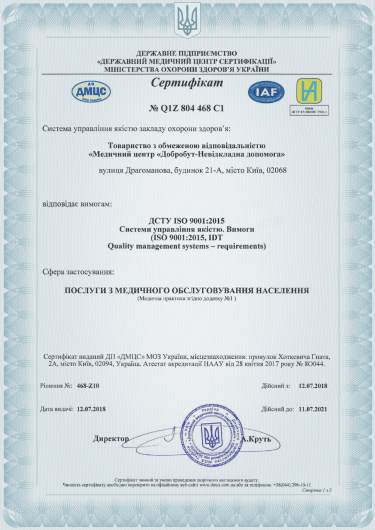
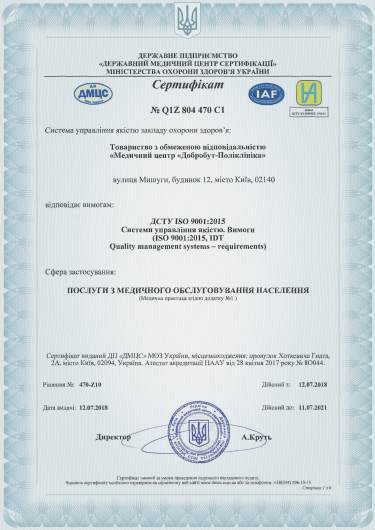
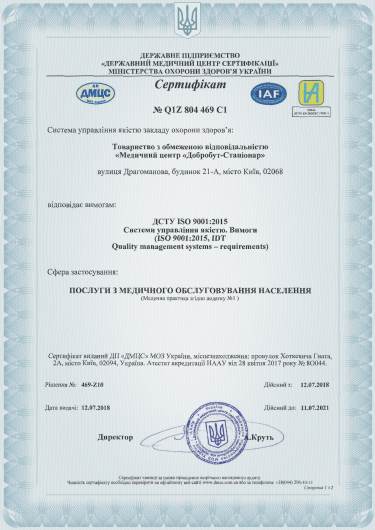
Accreditation certificates
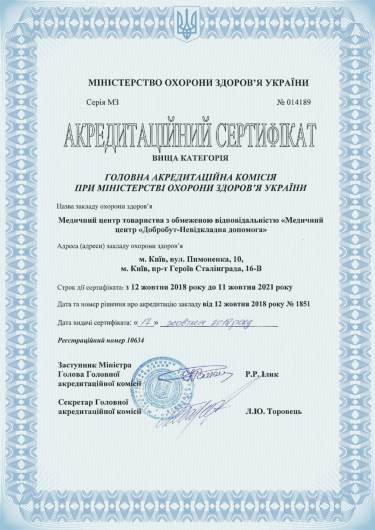
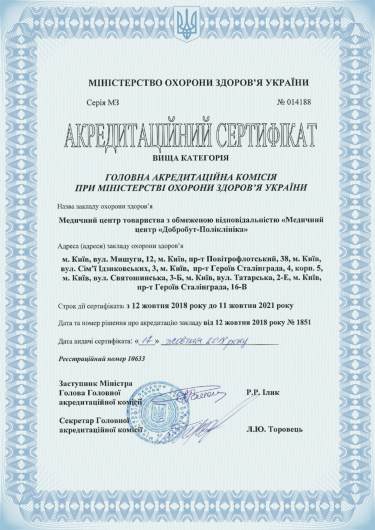
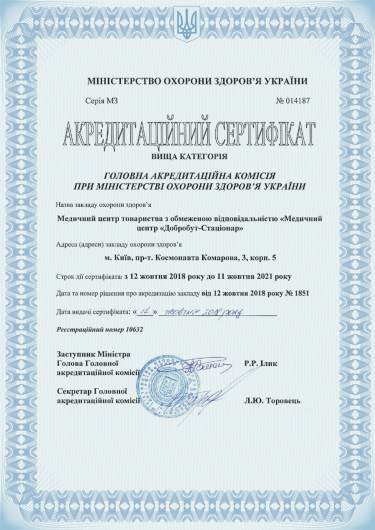
Medical practice licenses
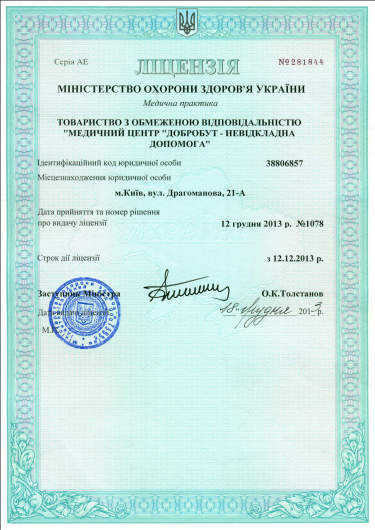
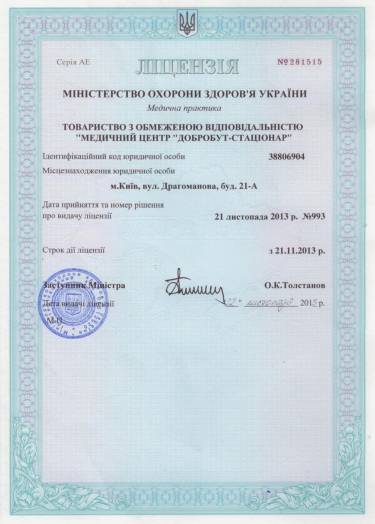
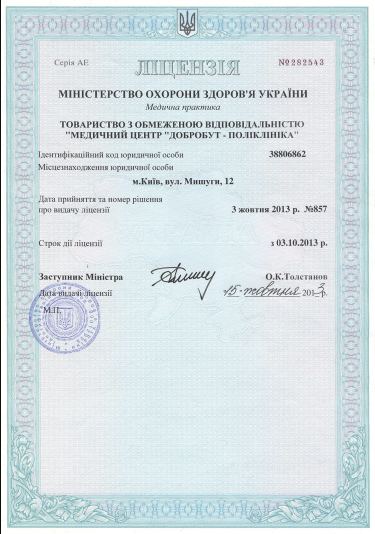
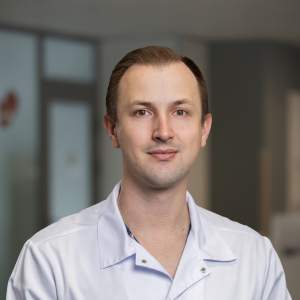





















































@2x.png)
@2x.png)
%402x.png)
%402x.png)
